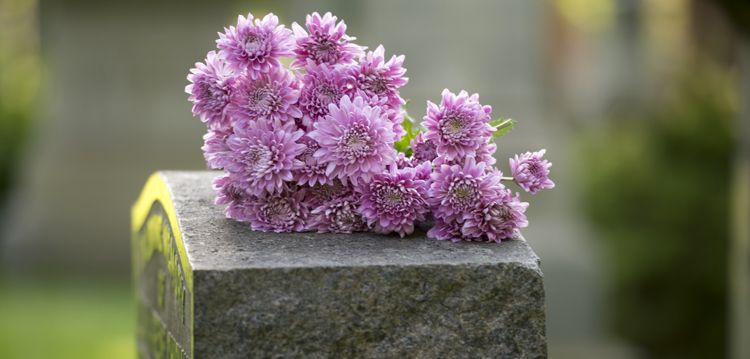Funeral services are deeply ingrained in cultural and religious beliefs, serving as a crucial rite of passage for both the departed and those left behind. They provide a space for grieving, remembrance, and closure, guided by traditions that have been passed down through generations. In honoring these traditions, we pay homage to the unique identities and beliefs that shape our lives. Cultural and religious diversity enriches our world, and funeral customs reflect this richness. For instance, in Hinduism, cremation is the preferred method of disposal, symbolizing the release of the soul from the body. The ashes are then typically scattered in a sacred body of water, such as the Ganges River, or preserved in an urn. This ritual is deeply tied to the belief in reincarnation and the cyclical nature of life and death. Similarly, in Judaism, funeral traditions center around the concept of honoring the deceased and comforting the mourners. The body is typically buried in a simple wooden casket, without embalming, and the funeral takes place within 24 hours of death whenever possible.

Mourners participate in the ancient rituals of shiva, a seven-day period of mourning during which they receive condolences and reflect on the life of the departed. In contrast, Buddhist funeral customs may vary depending on regional practices and sects, but they often involve chanting, prayers, and offerings to guide the deceased on their journey to the afterlife. Cremation is common in many Buddhist communities, although burial and sky burial where the body is left exposed to the elements are also practiced in some regions. The onoranze funebri a milano services vary widely among denominations, but they often include scripture readings, prayers, hymns, and eulogies that celebrate the life of the deceased and offer hope of resurrection and eternal life. Burial or cremation is typically chosen based on personal or religious preferences. Beyond these major world religions, there are countless other cultural and religious traditions that shape funeral practices. From the elaborate funeral processions of jazz funerals to the intricate ancestor veneration rituals of indigenous cultures, each tradition offers a unique perspective on death and the afterlife.
In today’s increasingly globalized world, it is not uncommon for individuals to come from diverse cultural and religious backgrounds. This diversity presents both challenges and opportunities for funeral professionals tasked with honoring the beliefs and customs of each family they serve. One approach is to create flexible funeral packages that can be tailored to meet the specific needs of different cultural and religious groups. This may involve offering a range of services, such as traditional burial, cremation, or eco-friendly options, as well as providing culturally appropriate decor, music, and rituals. Moreover, funeral directors and celebrants can undergo training to better understand the cultural and religious traditions of the families they serve, enabling them to provide sensitive and respectful support during a difficult time. By fostering cultural competence and awareness within the funeral industry, we can ensure that every family receives the support they need to honor their loved one’s memory in a meaningful and respectful way. Funeral services serve as a vital means of honoring cultural and religious traditions, providing a sacred space for grieving, remembrance, and celebration of life.



